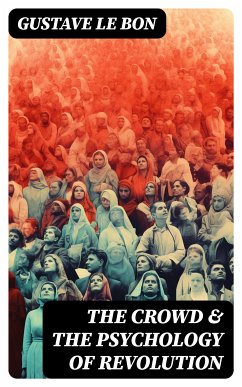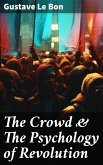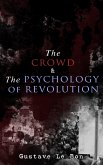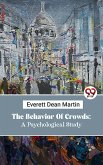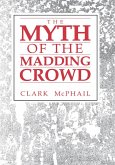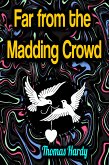In "The Crowd & The Psychology of Revolution," Gustave Le Bon delves into the dynamics of collective human behavior, exploring the psychological forces that drive individuals to form crowds and participate in revolutionary movements. Written at the turn of the 20th century, Le Bon's work employs a blend of social psychology and political theory, characterized by a lucid prose style and a keen analytical lens. He argues that the collective mind of a crowd often overrides individual reasoning, leading to volatile actions driven by emotions rather than rational thought. This book is situated within the broader intellectual movement of sociology and psychology, positioning the study of crowds against the backdrop of societal upheaval and political revolutions of his time. Gustave Le Bon, a French social psychologist and sociologist, was deeply influenced by the tumultuous sociopolitical landscape of late 19th-century Europe, marked by revolutions and mass movements. His observations of public protests and his understanding of group dynamics were instrumental in shaping his theories on the psychology of crowds. Le Bon's insights were also informed by his extensive cross-disciplinary study of history, anthropology, and psychology, making him a pioneer in understanding mass behavior. This seminal work is essential for anyone interested in the interplay between psychology, sociology, and political science. Readers are invited to engage with Le Bon's profound observations on human behavior, as his insights continue to resonate, offering crucial understandings of contemporary societal movements and their psychological underpinnings.
Dieser Download kann aus rechtlichen Gründen nur mit Rechnungsadresse in A, B, BG, CY, CZ, D, DK, EW, E, FIN, F, GR, H, IRL, I, LT, L, LR, M, NL, PL, P, R, S, SLO, SK ausgeliefert werden.

